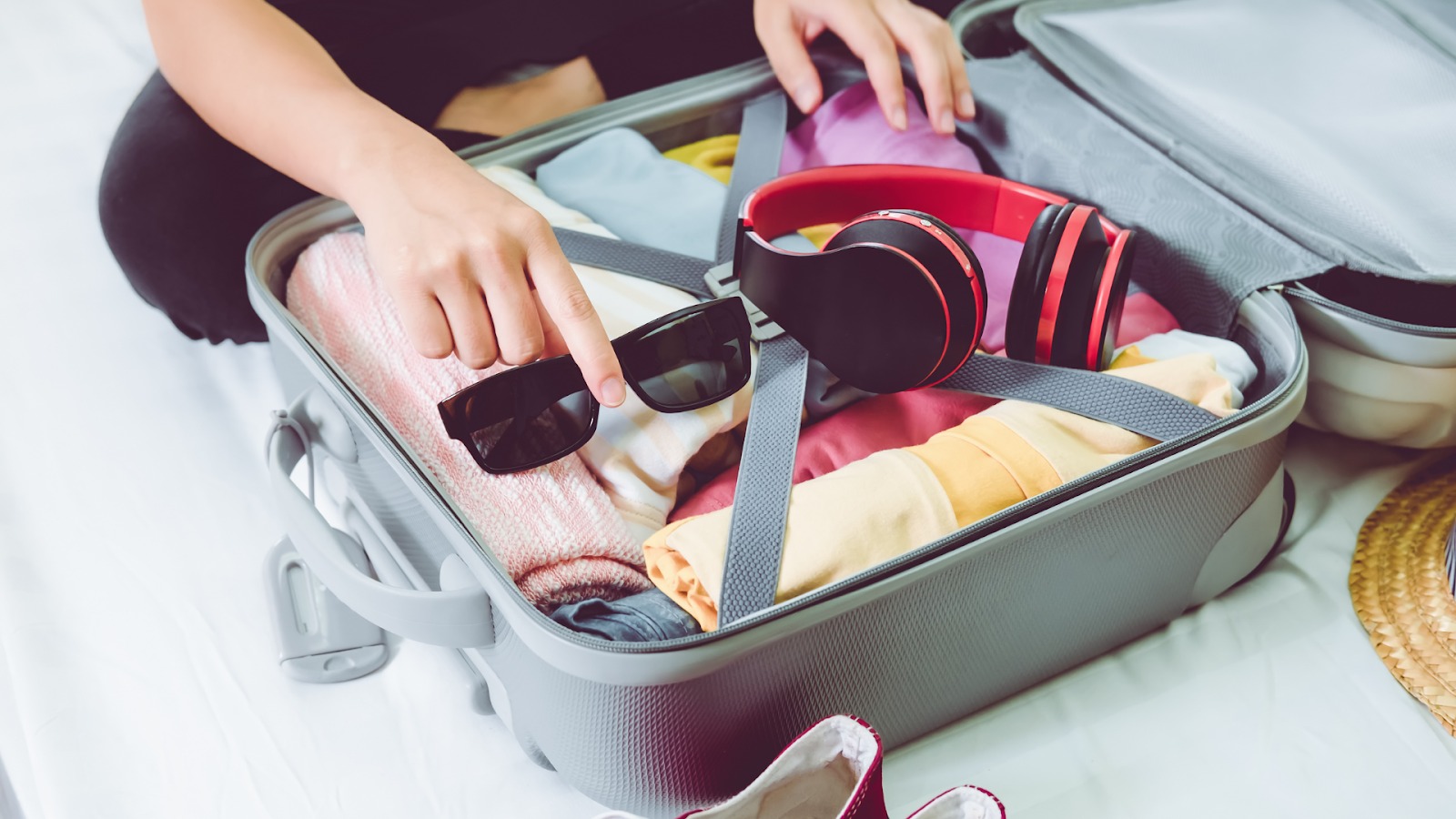Essential Travel Hacks for First-Time International Travelers
Heading out on your first international trip? It’s exciting but can also feel a little overwhelming. There’s so much to think about like packing, money, safety, and knowing what to expect when you land. With the right travel hacks, you can skip the stress and enjoy every moment of your adventure.
This blog is packed with simple, practical tips to help you prepare, stay safe, and make the most of your trip. Whether it’s your first time flying abroad or just your first big trip, these easy hacks will set you up for success. Let’s dive in!
Pre-Departure Essentials
Passport and Visa Readiness
One of the most common mistakes first-time travelers make is not checking passport validity or researching visa rules. Your passport should be valid for at least six months beyond your travel date, a requirement in many countries. Also, make sure you understand the visa process for your destination, whether it’s an eVisa, visa on arrival, or one that requires an embassy visit.
Financial Preparations Before You Fly
To avoid money issues abroad, make sure to notify your bank or credit card provider about your travel dates and destinations. This helps prevent your card from being blocked due to suspected fraudulent activity. It’s also smart to carry a mix of payment methods, including both cards and cash.
Before you leave, exchange a small amount of local currency to cover immediate expenses. Using travel budgeting apps like XE Currency can help you keep track of exchange rates and avoid getting overcharged. Platforms like RemitFinder help you compare various providers to find the best exchange rate to send money from USA to Jamaica or any other country, making it easier to support travel needs or send funds back home. Since some countries prefer cash while others rely on digital wallets, it’s important to research your destination’s payment habits to stay prepared.
Staying Connected Abroad
Staying connected while traveling internationally is essential to avoid getting lost or stuck without information. Planning for your connectivity needs is key. An esim card is a convenient option that allows you to activate mobile service without needing a physical SIM, making it ideal for travelers. You can also consider getting a local SIM card after arrival or checking if your provider offers international roaming, though that may come at a higher cost.
Before your trip, download maps for offline use, translation tools to help with menus and signs, messaging apps to keep in touch easily, and navigation tools to understand local transportation options. Preparing in advance will save you both time and money while abroad.
Smart Packing Strategies
Pack Light, Pack Right
Overpacking is tempting, but less is truly more. Start with a packing list tailored to your destination’s weather, culture, and activities. Use packing cubes to separate clothing types and maximize suitcase space.
When packing for your international trip, focus on essentials that offer comfort and flexibility. A universal power adapter and a portable charger will keep your devices powered throughout your journey. A travel pillow and sleep mask can make long flights more restful, while zip-lock bags help organize small items and prevent leaks.
Pack lightweight layers and a scarf, which can double as a blanket or cover-up. Choose neutral-colored, wrinkle-resistant clothing that you can easily mix and match. Typically, one pair of comfortable walking shoes and one pair for dressier occasions are all you need.
Your Carry-On Survival Kit
Think of your carry-on as your emergency kit, packed with everything you might need on the go. It should include your passport, tickets, and visa, along with any medications and basic first-aid supplies. Noise-canceling headphones and entertainment help pass the time during long waits or flights.
An extra outfit is a smart addition in case your luggage gets delayed. Don’t forget snacks and a refillable water bottle to stay nourished and hydrated. Keep this bag with you at all times, especially during layovers or unexpected delays.
Navigating Cultural Nuances
Every culture has its own unwritten rules, and what feels normal at home might be rude or confusing in another country. It’s important to learn about local customs before you travel, including dress codes especially when visiting religious sites, public behavior such as appropriate volume, hand gestures, and tipping practices, as well as dining etiquette like using your hands, removing shoes, or specific meal times.
Learning a few simple phrases in the local language, like “hello,” “thank you,” and “excuse me,” can go a long way. Locals often appreciate the effort and may be more willing to help you along your journey.
Health and Safety Measures
Plan for a Safe, Healthy Journey
It’s easy to forget health precautions until it’s too late. Visit a travel clinic weeks before your trip to see if vaccinations or medications are recommended. Pack a first-aid kit with band-aids, motion sickness pills, and pain relievers.
Travel insurance is a must, even for short trips, as it can cover emergency medical care, lost luggage, trip cancellations, and delays or interruptions. To stay healthy while traveling, stick to bottled water when you’re unsure about the tap water, avoid uncooked street food, and always wash or sanitize your hands before meals. Taking these precautions helps protect you from common travel illnesses and ensures a safer, more enjoyable trip.
Airport and Flight Tips
Navigate Airports Like a Pro
Arrive early, three hours before your international flight is the golden rule. Make sure to check in online 24 hours before departure, select your seat, and have your boarding pass ready. Keep a small pouch with your passport, boarding pass, headphones, a pen for filling out immigration forms, and hand sanitizer.
It’s also a good idea to bring snacks and wear comfortable, layered clothing since flights can be unpredictable when it comes to temperature and delays. Being prepared will help your airport and flight experience go much more smoothly.
Embracing the Journey
Be Curious, Flexible, and Open-Minded
No vacation ever goes exactly 100 percent as planned, and that is all part of the experience. Flights are delayed, individuals become lost, and cultures become strange, but that is where the magic occurs. Be open to eating new food, speaking with strangers (with caution), and getting lost on side trips.
Traveling is not seeing, it is doing. Absorb everything you can, and concentrate on taking memories, rather than photographs. Writing a travel journal or blogging your travels will allow you to recall your travels, and you will thank yourself afterward.
Conclusion
Your inaugural foreign journey is not merely a holiday. It is a significant step toward new discovery of locations, individuals, and aspects of yourself. With these travel tips, you are not only better equipped, but you are braver to approach every new encounter with ease.
Expect a little surprise, but have faith in your planning. Each mistake is turned into a memory, and each setback is a lesson to be learned. Be curious, keep your mind open for the unexpected, and enjoy the journey. The world awaits you, and now you are ready to face it. Safe travels and happy adventures!
FAQs
- What do you do at the airport for the first time internationally?
Arrive early, check-in online, prepare documents, pass security, find your gate, and stay updated on flight information.
- What not to pack on international travel?
Avoid prohibited items like knives, oversized containers of liquids, illegal drugs, valuable items, and things that are prohibited by the customs of your destination country.
- What to know before flying for the first time
Understand baggage limitations, airport procedures, security screening, flight times, and customs regulations, and pack essential items in your carry-on bag.







